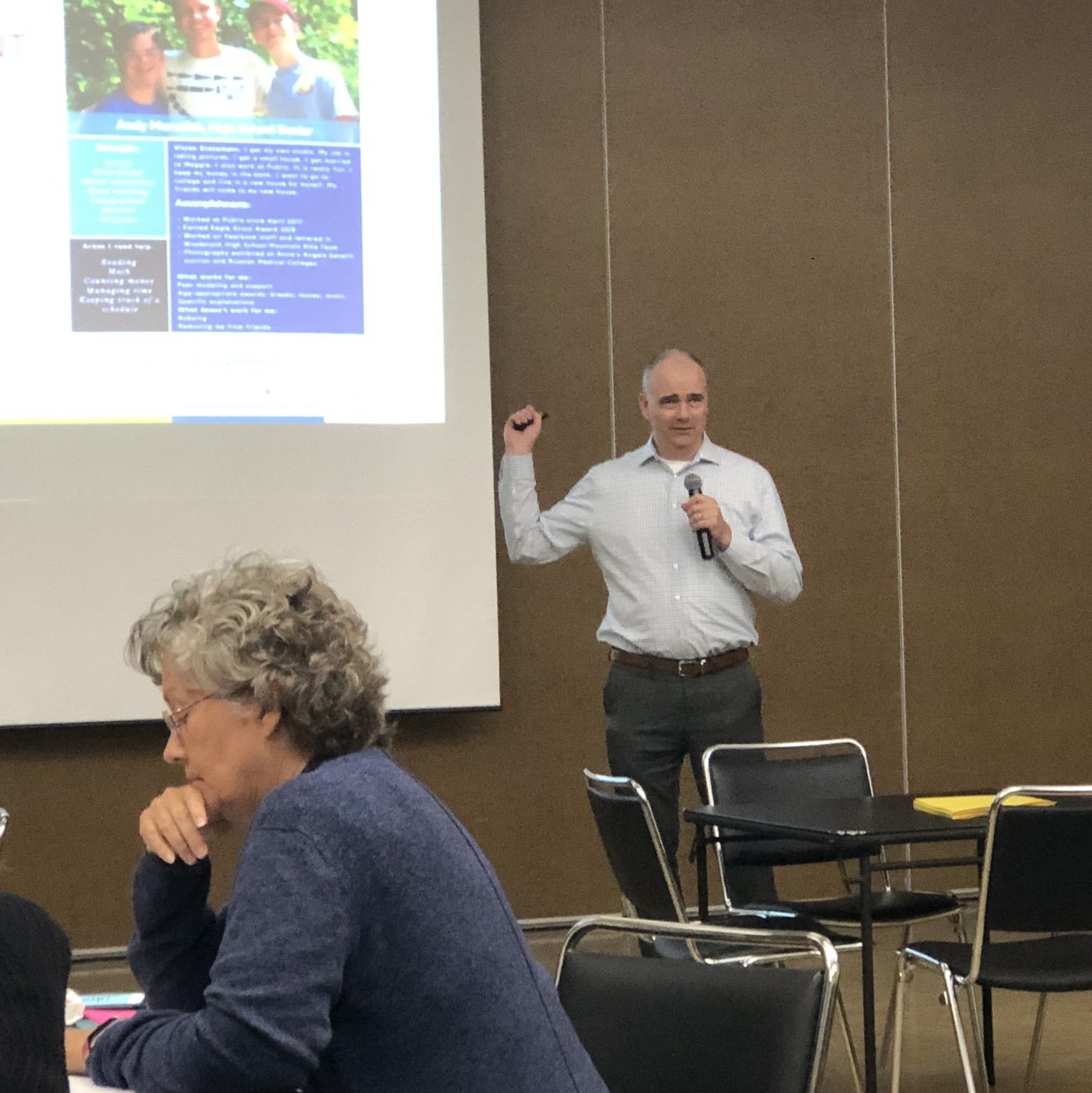
“I know I should be thinking about the future, but frankly the prospect of her being employed scares me. She’s very vulnerable. You’ll have to be patient with me and give me information I can understand so I can become comfortable with the idea.” – Jane*, a mother during a parent interview
The effective engagement of families of students and individuals with disabilities in the employment and transition process continues to be a problem area for schools and employment services. As a parent advocate and employment technical assistance provider I have heard many times that “families won’t let go” or that “parent just don’t show up when we hold events”. I believe one key to improving our ability to connect with families and caregivers is to focus time and resources towards listening to what they have to say.
You may be saying to yourself sarcastically “wow, thanks for the great tip Sean”, but I would encourage you to ask yourself, as a school, state agency, or employment provider, when was the last time you solicited feedback from families in a structured manner, and really used the feedback you received to make program or policy changes? Chances are it is not a common activity for you. The good news is that listening to families requires very little funding (if any) and can be a positive experience for all involved.
For the purposes of this post let’s talk about interpersonal opportunities to have a dialogue with families, such as listening sessions, focus groups, or individual family interviews. I am not a fan of using surveys to gather personal experiences as the response rate tends to be low and there is limited opportunity to ask follow up questions.
Listening sessions and focus groups are similar, with focus groups being a bit more structured and topical. I find that listening sessions create a more comfortable environment for family members to share. To operate a successful listening session you need a facilitator, preferably an impartial third party, and people to take notes. While having a staff person or two there to listen in can be useful, it is not recommended that too many staff attend or the families may not feel they can speak freely. I tend to have sessions in the evening since that is when most families have free time. You can also consider varying the times to accommodate more families. Below is a sample set of questions for an employment program serving people with disabilities.
- Please tell us about your son or daughter. How old are they and what is their disability?
- How long has The Program been working with your loved one? Do you feel like the staff understand their disability and unique strengths, skills, and support needs?
- Do you fully understand what The Program is trying to do to help your loved one prepare for and be successful in employment?
- Have the staff of The Program involved you in the process? Have you been given regular updates or specific activities you are responsible for?
- What has been the impact of The Program on your loved one’s employment preparation?
- What is your greatest fear when thinking about your son or daughter having a real job in the community?
- Please name one thing The Program is doing really well and one thing you think The Program could be doing better.
A parent interview is a strategy to involve families in the employment planning process. It can be conducted by an individual staff, but is most effective when facilitated by an interagency group of staff, all who are working to help the student prepare for employment. The information gathered during the parent interview is included directly onto an assessment tool, such as a Positive Personal Profile, and used to identify good work experience or job matches. The interview serves many purposes, including setting the expectation for competitive employment, listening to parent’s dreams, goals, and fears, and better utilization of parent networks. Parent interview questions can include:
- What does a good life look like for your son or daughter as an adult?
- What is your loved one’s greatest skill or attribute?
- Is your loved one currently receiving Social Security benefits? Do you have questions about this?
- Tell us about the jobs or chores your loved one does around the house for the family.
- What types of jobs do you think your son or daughter would excel at?
- Do you have relationships with any local employers we could contact for potential work experiences?
“Getting VR involved has been a real blessing for us. The school takes us more seriously now. I feel I now have somebody I can ask for help and that makes me a better advocate for my daughter.” – Yolanda*, a mother during listening session
Is there a chance you will hear negative things about your program by listening to families and caregivers? Of course there is. However, I find that participants also appreciate the support they get from schools and other professionals, and want to speak about that as much if not more. If you are invested in operating a program that changes when changes are called for, then hearing bad news should be seen as an opportunity to identify what needs to be changed.
Providing opportunities for families to offer feedback on their experiences with your program is just one aspect of a larger strategy to improve partnerships with families. Other components to consider would be:
- providing parent training and outreach materials on employment topics,
- training your staff on partnering with families,
- identifying interagency roles and responsibilities when it comes to family engagement, and
- focusing on equity and outreach to disconnected and underserved populations.
I appreciate you taking the time to read about listening to families. Feel free to reach out to the YES! Center for more information and helpful tools.
*Names changed for privacy


